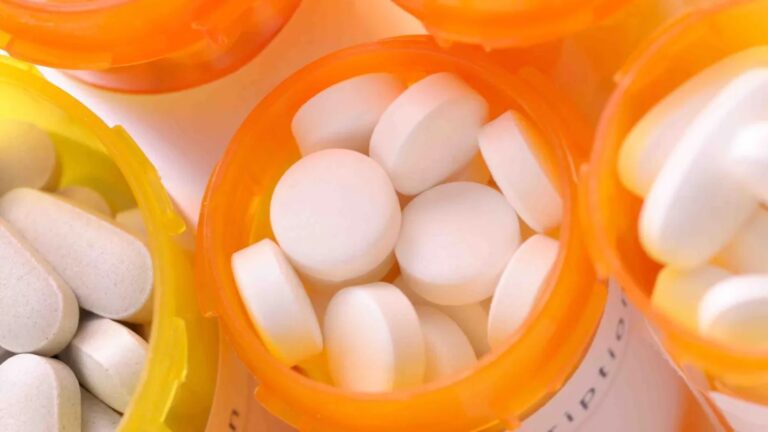IMAGE SOURCE — BY TECHYSTRIBES NEWS
A sweeping FDA alert has triggered a nationwide blood pressure medication recall, leaving millions of American patients concerned and scrambling for answers.
FDA Confirms Major Contamination Issue
Federal regulators revealed that a leading hypertension drug, prazosin hydrochloride, has been recalled due to dangerous nitrosamine impurity levels. The recall marks one of the most urgent recent blood pressure medication recalls in the U.S., raising alarms for long-term users who depend on it to manage hypertension.
The FDA emphasized that the impurity found in the recalled high blood pressure medication may increase cancer risk if taken consistently over time. While no injuries have been reported yet, experts warn the stakes are high, and affected patients should act promptly.
Scope of the Recall Stuns Patients
This bp medication recalled involves more than 580,000 bottles across multiple dosage strengths, creating widespread concern in pharmacies, hospitals, and clinics. The recall is classified as Class II, meaning potential reversible health effects but low risk of serious harm.
Despite the classification, consumer confidence has been shaken. With recalls on blood pressure medication becoming more frequent in recent years, patients say they fear long-term supply chain issues and quality control failures across major drug manufacturers.
Why This Recall Happened
Regulators cite a manufacturing-related contamination incident.
The Chemical Trigger Behind the Medication Recall
FDA testing discovered a cancer-linked impurity exceeding safe consumption limits in the affected lots. According to industry experts, nitrosamines can develop during drug production or improper storage, making this medication recall blood pressure case a quality-control failure at the manufacturing level.
Health officials explained that nitrosamine-related recalls aren’t new, but the frequency of medication recalls across essential heart medications raises deeper concerns about ongoing pharmaceutical oversight.
Manufacturer Response and Accountability
Teva Pharmaceuticals, responsible for the recalled high blood pressure medication batch, issued a voluntary recall and pledged corrective steps. The company confirmed no reported adverse events but urged patients to verify their medication and consult healthcare providers before stopping treatment.
The manufacturer added that this recall reflects an industry-wide challenge, not an isolated incident. Still, advocates argue that consumers deserve better safeguards, especially when depending on life-saving medication.
What Doctors Advise Now
Medical experts urge calm but immediate action.
Doctors Warn Against Halting Medication Abruptly
Cardiologists stress that patients should not stop their prescription without guidance. Abrupt discontinuation can trigger dangerous spikes in blood pressure and increase risk of heart attack or stroke, particularly among long-term users.
Clinicians are telling patients impacted by the blood pressure medication recall to contact their pharmacists immediately and confirm lot numbers. If affected, they should request a safe replacement prescription to avoid interruption.
Patient Reactions and Next Steps
Across the country, consumers have expressed shock and frustration. Many rely on this treatment daily and are worried about delays in getting safe alternatives. Some patients report heightened anxiety, while others cite eroding trust in drug-safety monitoring.
Pharmacies are working to notify affected customers and coordinate replacements, but supply shortages may cause delays. Experts recommend staying updated on FDA announcements and verifying medication packaging carefully.
Final Thoughts
This blood pressure medication recall highlights a growing issue in pharmaceutical safety and supply chains. While regulators work to strengthen oversight, patients must stay informed, verify their prescriptions, and communicate regularly with healthcare providers. If your medication is listed in the recall, reach out to your doctor and pharmacy immediately. Share this story, join the discussion below, and help spread awareness to protect others relying on these essential treatments.


